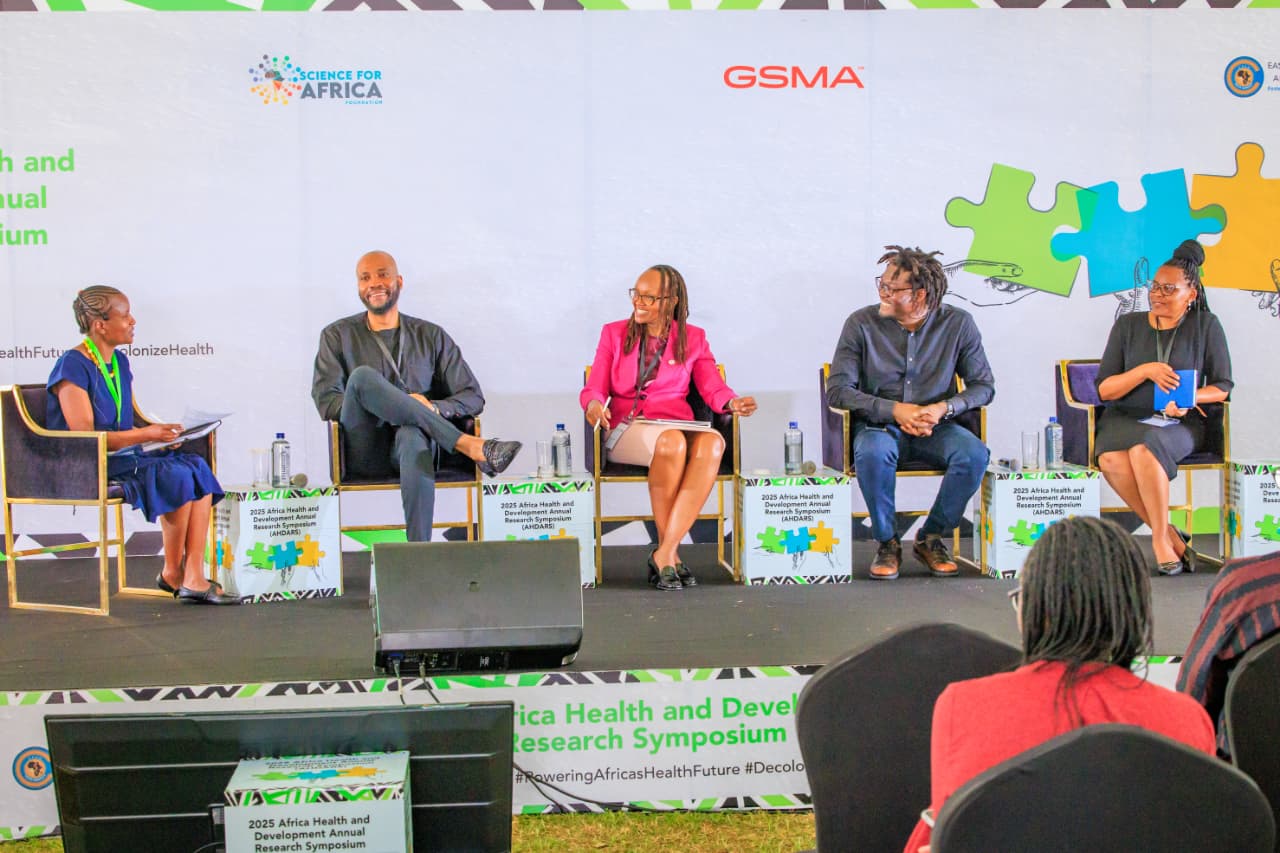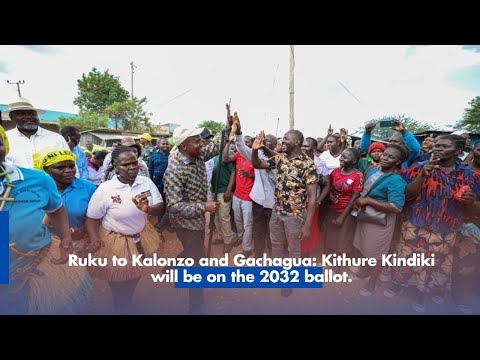

Researchers have called for the decolonisation of global health and amplified African-led solutions for the good of the people on the African continent.
This emerged during the 2025 Africa Health and Development Annual Research Symposium (AHDARS), convened at the APHRC’s Nairobi campus.
The symposium, held under the theme "Decolonising Global Health in the Age of Digital Transformation," was opened on November 19.
It brought together researchers, policymakers, innovators, and private sector
leaders to reimagine Africa’s health future.
Dr Catherine Kyobutungi, Executive Director of the African
Population and Health Research Center (APHRC), emphasised that confronting
longstanding inequalities in global health is vital for sustainable change.
“At APHRC, we are proud to join, facilitate, and participate in conversations that confront uncomfortable truths,” she said, adding that the decolonisation of health and digital transformation could serve as a bridge toward equity.
“This is a critical moment for us as a continent, and we must
move from talk to action if we are to achieve an equitable and just future,”
she asserted.
Dr Seye Abimbola, a renowned scholar on health systems and
epistemic justice, urged participants to actively participate in decolonising
the health research ecosystem.
“Every actor, at every level, must see themselves as part of the broader decolonisation agenda,” he stated, cautioning against replicating models from outside Africa without meaningful success.
“We need to dismantle
hierarchies of knowledge that unfairly value Western expertise over indigenous
solutions,” he emphasised.
Dr Evelyn Gitau, Chief Scientific Officer at the Science for Africa (SFA) Foundation, highlighted the importance of African-led funding and prioritised solutions.
“Africa’s strength is evident in the solutions we
continue to build for our own research and health systems,” she said. “We are
not passive recipients of aid; we are active shapers of our future,” she said,
noting that recent initiatives like the Good Research Management Practice
Standard reinforce this commitment.
Highlighting the transformative potential of digital innovations, Angela Wamola, Head of Africa at GSMA, discussed the launch of the "Enabling Digital Health in Africa" report.
“Africa’s digital transformation is not just about technology—it’s about equity, inclusion, and African leadership,” she remarked.
“By joining forces, digital innovation and
strong partnerships can drive resilient health systems for all Africans,” she
said.
Sebentile Myeni from the East, Central, and Southern Africa Health Community (ECSA-HC) underscored the importance of African ownership in health solutions.
“The solutions are already within our
communities,” she said. “Research becomes more impactful when all
stakeholders—communities, scientists, policymakers, and funders—sit at the
table,” emphasising the need to internalise research efforts for genuine
progress.
The discussion in the symposium will focus on financing models, digital health governance, and digital innovations designed to address real health challenges.
Participants aim to strengthen research ecosystems,
leverage artificial intelligence, and transform digital health strategies across
the continent.
The symposium sets a powerful tone for Africa’s journey towards health sovereignty—one rooted in local solutions, equitable partnerships, and digital revolution.
The outcomes will be driven by the
actions and reforms fostered during these crucial discussions, aimed at
advancing Africa’s health solutions.














